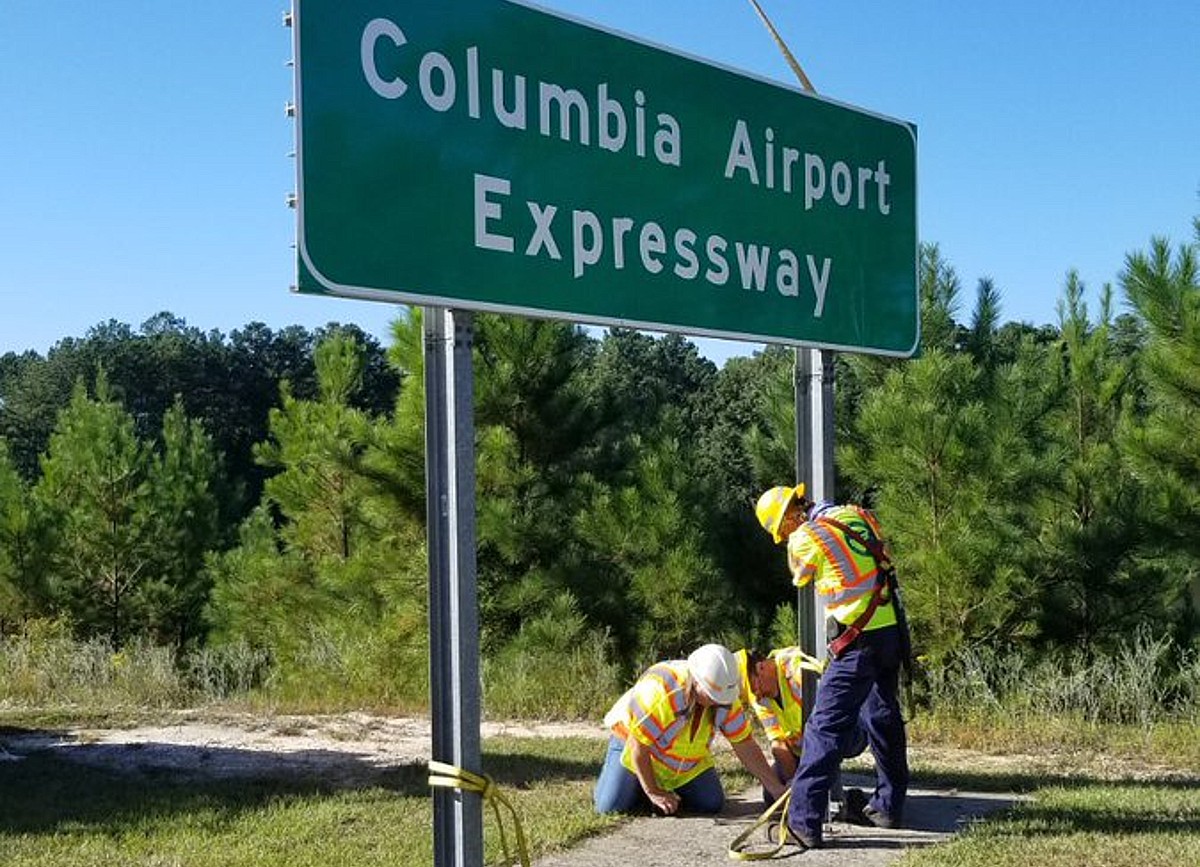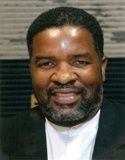
By Lindsay Street, Statehouse correspondent | A push to name a state-owned building after a convicted former Charleston lawmaker could finally spur Columbia to pass a law banning the practice of naming public property after living people.
In an odd twist, the man behind the push would be fine with that. After all, Charleston Democratic Rep. Wendell Gilliard has previously introduced bills to not name public buildings after living people.
“I would hope it (this will) make (lawmakers) take a look at it,” Gilliard said.
This fall, Gilliard sent a letter to South Carolina State University in Orangeburg and urged the school’s board to consider naming a building after former Sen. Robert Ford, a Democrat from Charleston. In 2015, Ford pleaded guilty to several misdemeanor ethics violations and resigned his seat.

Gilliard said this week Ford “deserving” of such an honor, despite the conviction.
“Robert Ford, compared to a lot of other people with public buildings named after them, is a saint,” he said, acknowledging that the request might seem at odds with past positions.
A renewed push
In recent years, there have been several attempts to alter South Carolina codes to prohibit the practice of naming public property after people. Gilliard and Lexington Republican Rep. Todd Atwater introduced a bill in 2011, and Lexington Republican Sen. Katrina Shealy introduced a bill in 2013. Both efforts stalled in committee.
Prefiled this month, Senate Bill 893 would ban naming state-owned property after any elected or appointed public official until at least five years after his or her death. Shealy is pushing the bill along with Richland Democratic Sen. Dick Harpootlian. One embarrassing reason: the issue is fresh on the minds of lawmakers after two roads named after a state Department of Transportation (DOT) commissioner were renamed earlier this year.

“We ought to reserve the naming of public institutions for people who are dead,” Harpootlian said. “Their public service has ended and, after they’re gone, you’re not honoring what they could do for you but for what they have already done for you.”
Their legacy is also unlikely to change, he added.
In August, John Hardee was convicted of a federal crime for telling a contractor to delete emails amid an investigation into potential bribery. Then, he was arrested and convicted of soliciting a prostitute. He had two roads named for him, one leading to the Columbia airport and one in his hometown of Loris, according to a DOT spokesman. Both roads were renamed. It’s not the first time, and some senators say it won’t be the last.
Currently, the Transportation Department has 101 roads listed as named for people, living and dead. Municipal and county-owned roads are not included in that list. Shealy said it could be as many as 1,000.
“There’s pretty good evidence why we shouldn’t do it,” Shealy said. “It’s a ridiculous thing to do. I don’t think you should do it.”
‘We wouldn’t even be having this discussion’
But if Columbia does not pass such a ban, Gilliard said the question becomes: Is it preferable to have public property named after living and dead “racists,” than to have it named after a man convicted of ethics charges?
“When you look what Robert Ford has done for the state of South Carolina, you can’t take that away. He was a bridge builder. He was a trailblazer,” Gilliard said. “But if (lawmakers) had stuck to my first bill, we wouldn’t even be having this discussion.”
Shealy said she didn’t understand Gilliard’s reasoning. She said allegedly racist comments shouldn’t prevent a person from having property named after them, but a conviction of a crime should be.
- Have a comment? Send to: feedback@statehousereport.com


